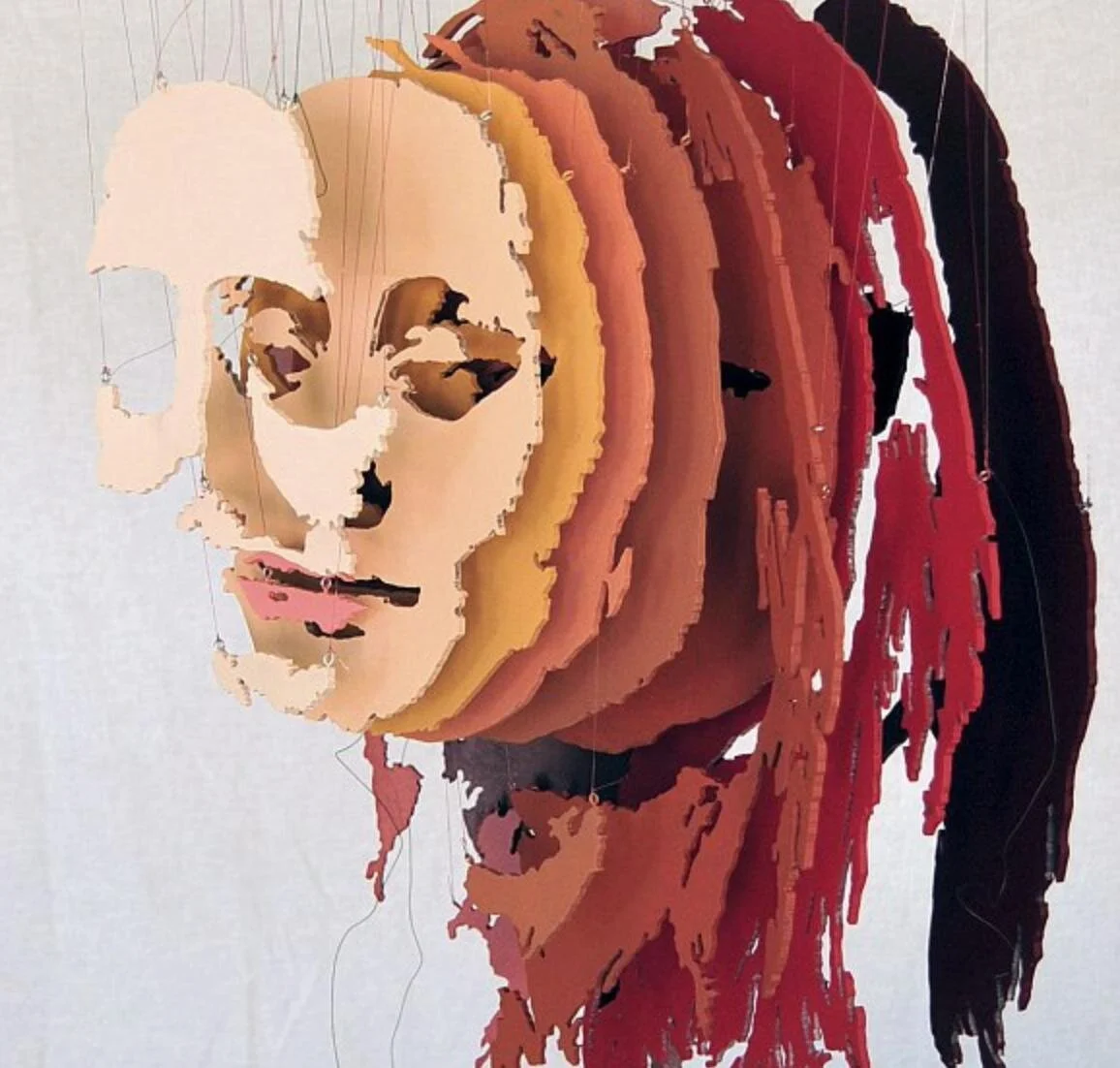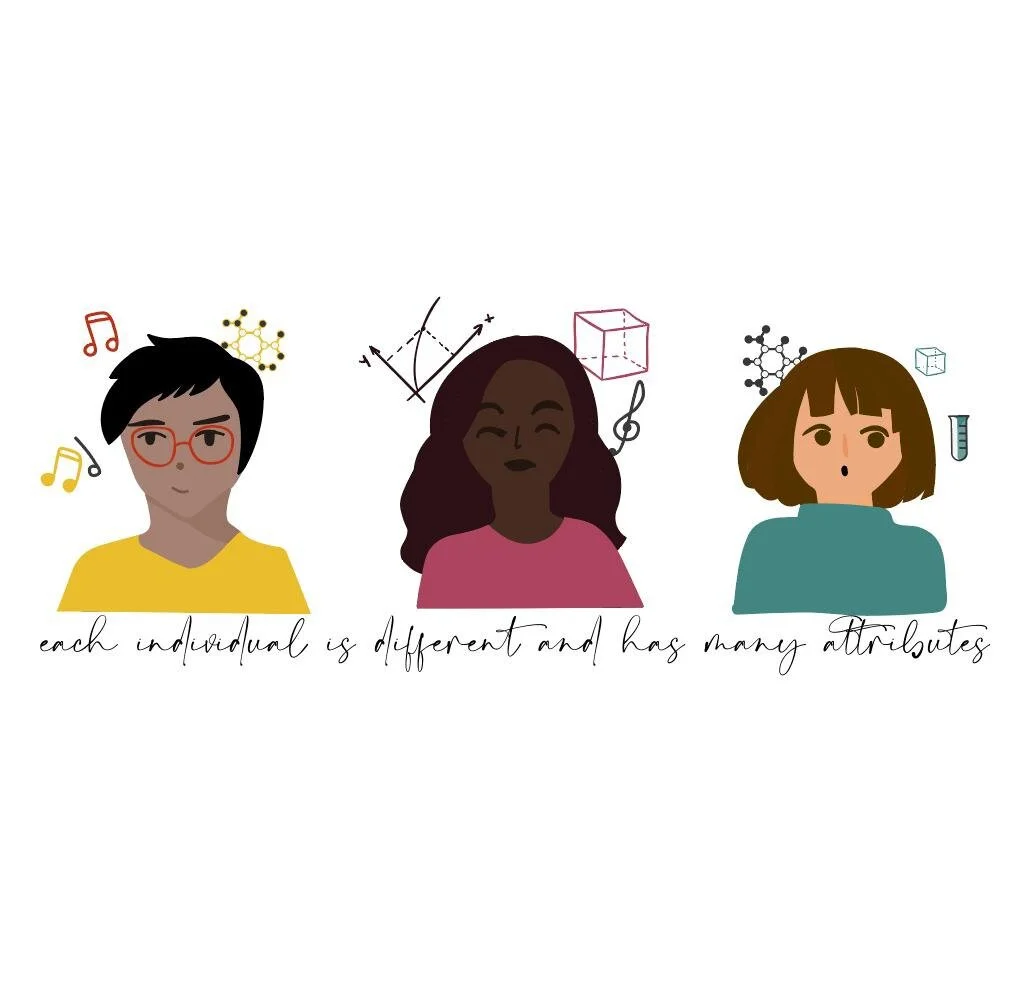The Internet Polarity
Being proactive and aware are the hallmarks of the youth. So, with the advent of mass media, internet, and social networking apps one quite literally gained access to the whole world in all its entirety including the stories and problems, hope and aggression, love, and hatred…
Being proactive and aware are the hallmarks of the youth. So, with the advent of mass media, internet, and social networking apps one quite literally gained access to the whole world in all its entirety including the stories and problems, hope and aggression, love, and hatred.
Almost 500,000,000 stories are posted on instagram every day - a couple by me. In the time you read this sentence around 20,000 stories would have been posted. It took twitter 3 years to reach 1 billion tweets and today it takes less than two days for that to happen, obviously with considerable help from Donald J. Trump.
With every passing day there are numerous # trending on twitter and an overflow of YouTube uploads and this global phenomenon has led to two polar opposite results that have been further aggravated by lockdowns and other restrictions.
With the onset of the COVID 19 global pandemic the world ground to a halt and the dependence on virtual and internet based technologies has skyrocketed. Whether it be for education and classes on zoom, connectivity and interaction on facetime or messages, entertainment through memes on countless accounts and binging content on netflix.
However, the same way we came together social media sites like Instagram and facebook have also proved themselves as catalysts for negative energy and comments. Aggressive remarks and hateful sentiments spread faster than wildfire and affect each and everyone who experiences them.
Whether this is the two-sided battle of boys locker room or internal conflicts regarding religion and ethnicities social media is a platform that can segregate and avenge people as fast as the next thing but on a much larger scale.
Personally and with a lot of my friends, we have experienced a certain degree of sadness over the negativity and hostility that can be found on the internet and has lead to actions like deleting accounts and applications.
So how, in a time governed by online interaction and dependent on the functioning of virtual technologies can you care for the causes that concern you and not feel an overwhelming depressing and hopelessness with all around you:
1. Regulate social media:
a. First it is essential you regulate the time and importance you give to the virtual and online worlds as compared to the one that physically surrounds and supports you
b. Secondly it’s a good idea to regulate your social media content and interaction in the sense that you take most of your information from trusted sources and organizations and use more of your time in contact with friends and loved ones rather than fighting online battles or unnecessarily trolling.
2. Minimize procrastinating:
Most of us browse the internet without purpose because we have nothing better to do, so find a meaningful application of your time whether it is through:
a. Watching movies and reading books you’ve forever wanted to
b. Catching up with friends and families
c. Getting a hobby – sports, instruments
d. Art and music therapy
e. Spend time with yourself and your thoughts
Among others.
3. Foster positivity:
Whether this is through the way you talk, sleep or whatever try to spread positivity or encourage connection in a time characterized by distance. This can be done through your social media activities like stories, organizing group calls or in the physical world by keeping a gratitude journal or a few minutes of meditation.
Ultimately it all comes down to personal choice and finding effective and helpful methods for you to achieve your goals and aspirations come lockdown and pesky viruses.
Educational Exclusivity
Exclusivity in the education sector manifested years ago in the form of cut-offs, reservations and quotas. Although these regulations were originally implemented to ensure fair merit-based enrolment, they have become a marginalising constituent that stands in the way of millions of people receiving good- quality education. Here’s why cut-offs and reservations are worrisome for so many students.
The education system is at the centre of global socioeconomic functioning, seeing as it generally determines one’s qualifications and thus social and economic standing in society. However, the education system was built on the foundation of exclusivity that obstructs citizens’ mobility in all aspects of living. Exclusivity in this sector manifested years ago in the form of cut-offs, reservations and quotas. Although these regulations were originally implemented to ensure fair merit-based enrolment, they have become a marginalising constituent that stands in the way of millions of people receiving good- quality education. Here’s why cut-offs and reservations are worrisome for so many students.
Reservation in India is a government policy, backed by the Indian Constitution. Initially introduced to give a fair and equal chance to the marginalised sections of the society, it has now become a highly debated and controversial topic. In the indian system the reservation is not only educational backwardness based but also economically backwardness based. 60% of seats are reserved in India – for various sections like ST, SC, OBC, and EWS – with respect to Government jobs and Higher Education Institutions. 3% of seats are also reserved for differently-abled persons across all categories. This means if you fall under the general category( merit) then you have about only 40% seats in all government institutions, jobs etc. which too, are hard to secure. The way the reservation is implemented and executed in India is largely governed by vote-bank politics. The introduction of 10 % reservation for the EWS by the nda government in 2019 through the 124th amendment goes on to show that exploitative and unfair reservations can take up opportunities particularly from the merit category. Being a part of the merit category means you have to excel at the competitive exams,academics and extra- curricular activities and still not be able to get in due to the heavy competition and lack of seats due to reservations.
As far as reasonable reservations are concerned we all understand the need for them but are they truly about upliftment now? In 2018, christ university bangalore and several bangalore colleges set higher cut-offs for girls with the explanation that girls are smarter and that boys should get a chance to secure seats too and that girls are outperforming boys in academics .Well for most of us who acquaint ourselves with the concept logic, that very reason doesn’t make sense simply because us women have faced discrimination in all fields for centuries and education is surely one of them. Introducing higher cut offs for women is just another way of taking away the birth right every woman is born with, that is access to education. . Most kids giving NEET understand that half of the seats are already taken up due to reservations and the likeliness of them being selected from the merit category is 1 out of 13 and so they prefer studying abroad. This creates another disparity as the students going abroad are usually from the well off classes of the society and Private institutions charge heavily which deters many students from applying to them for any courses. Another problem is that The disparity between the marking schemes of CBSE and certain state boards is so high that it creates an unfair playing field for undergraduate college admissions. Even the toppers of some state boards do not have the percentages required to secure admission in the top colleges of, say, Delhi University, which solely consider Class 12 board marks while granting admission. Whilst these are some general issues and over all concerns for the country’s students, BJP GOvernment has been on its own path to make education more accessible to the upper-caste hindus by introducing 10% reservations for the EWS by overturning the the 1993 judgement made in indira sawhney vs Union of india.In tamil nadu, due to the 10% reservation the upper caste hindus find themselves with the easy goal of securing a 25% less percentage than the average tamil nadu student for any category. These are few examples of how affirmative action in our country works. While we still require reservation to some extent, the very idea is being used to fulfill political and social agendas in the present times and surely puts the students falling under the merit category in a position to wonder whether the internalised capitalist idea of merit and competition and notions of hard-work-gives-success they’ve grown up with, are logical and most importantly worth it or not ?
Cut offs are not just prevalent in India, they can also be found globally. Thousands of aspirants move to various parts of the world every year to complete their higher education. Whilst the global study abroad scene has opened up tremendously to accommodate students of all academic backgrounds and interests, there are still certain preset academic standards such as cut offs that need to be met in order to gain admission to a university or college abroad.
There are several exams that are necessary for getting into colleges. Some examples would be: SAT, MCAT, LSAT, GMAT, GRE, IELTS and the TOEFL. Depending on the universities, they have cut offs that you have to meet to be considered for admission. Some examples for cut offs in SAT scores for top universities would be:
Cornell:1390-1550
Columbia:1460-1580
Dartmouth: 1440-1580
Harvard: 1480-1600
Cut offs are a basic scale on which students across the world can be tested but it has turned to a hierarchical order where if you do not get a certain score you do not get in. Each individual is different and has so many attributes to them, how can one or two exams determine if they get into an institute or not. Multiple skills and individual attributes are key to success in life, an exam such as SAT should not affect one’s future so significantly.
Though reservations internationally are considerable less, being found in countries such as Sri Lanka, Bangladesh, Nepal and India. Other countries such as USA, UK etc have a law called affirmative action which basically aims to give equal opportunities to people of all backgrounds and stop discrimination.This is a matter of great debate in the country as it is supported by some but others do not support it. This is a good alternative to reservations as it is has the same idea behind it yet it does not give excessive privileges.
Bibliography:
https://www.thehindu.com/education/fair-and-open-selection/article26964107.ece
https://www.clearias.com/reservation-in-india/
https://www.clearias.com/reservation-economically-weaker-sections-ews-quota/
https://www.thequint.com/news/education/college-admissions-unfairly-punish-state-board-students
https://thewire.in/law/supreme-court-indra-sawhney-reservation
A Tryst with Color Pencils
This artwork was inspired by a make up look I saw on Instagram and was really attracted to. The colours were vibrant and very eye catching. Something about that make up look made me grab some paper and colour pencils and I just drew in a flow. It turned out way better than I expected and this is one of my best colour pencil artworks.








